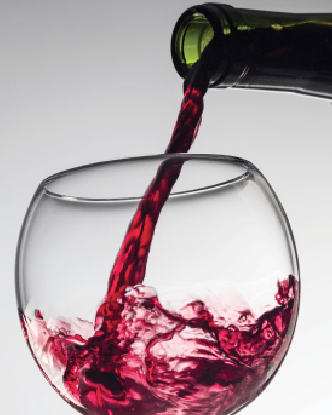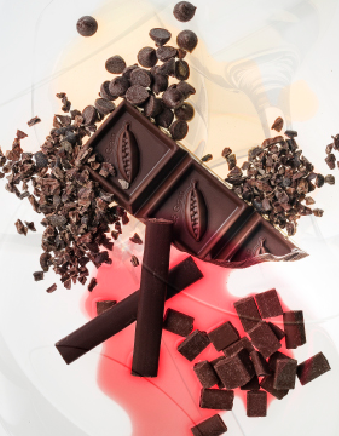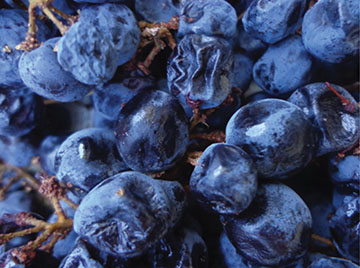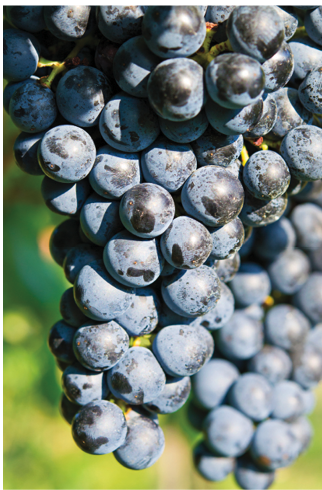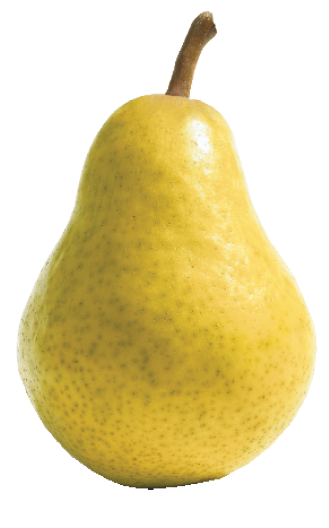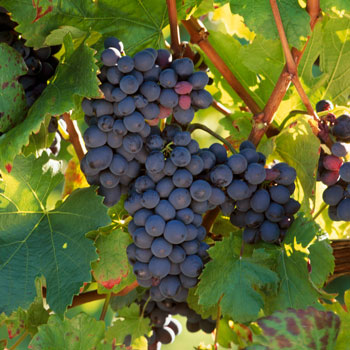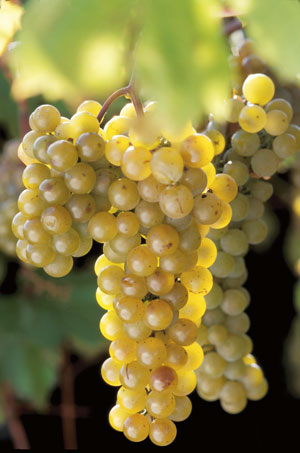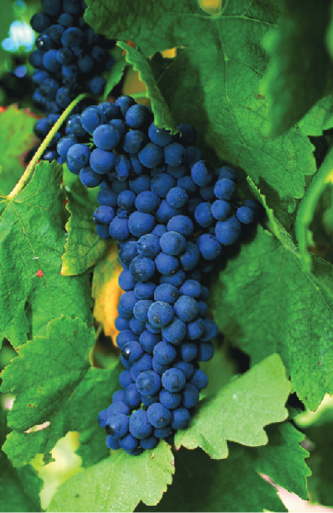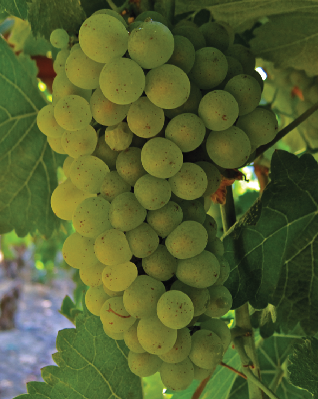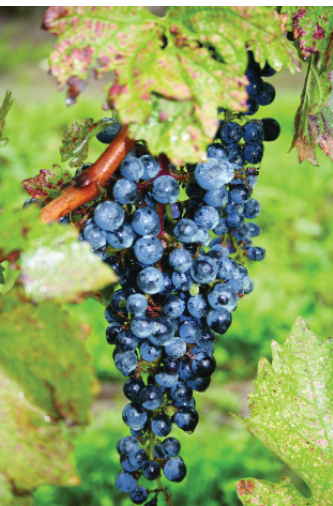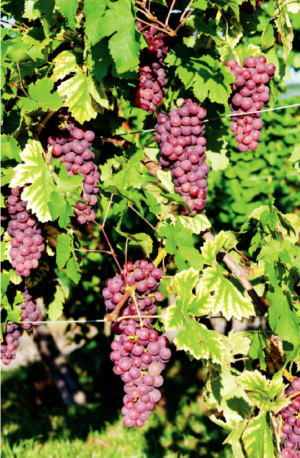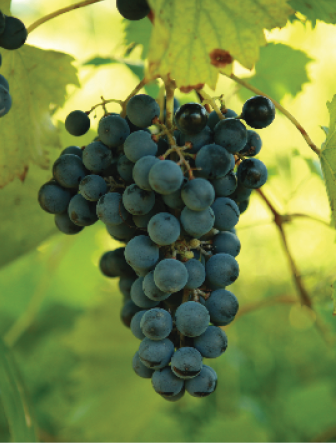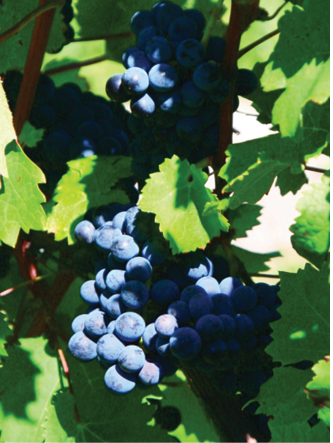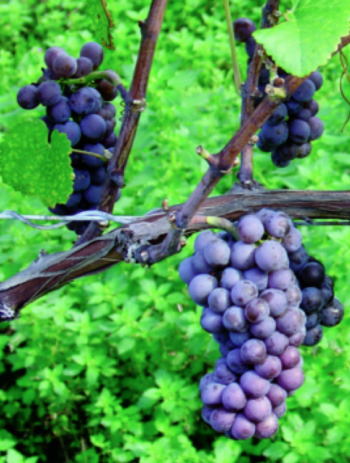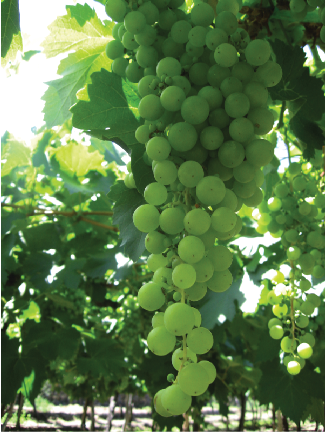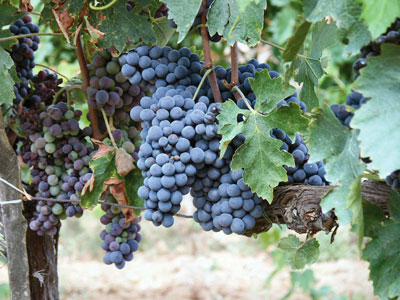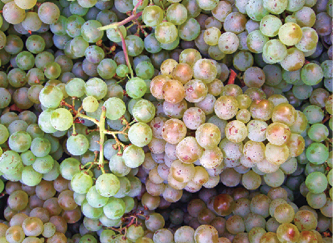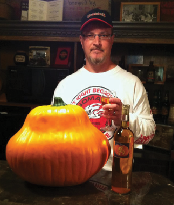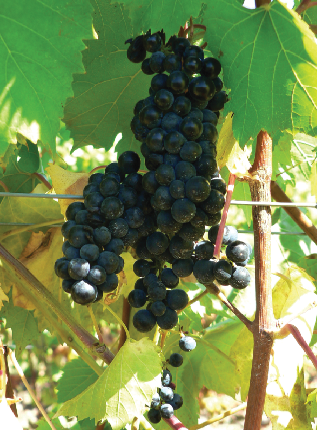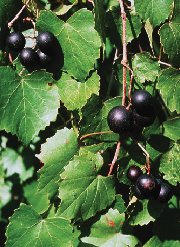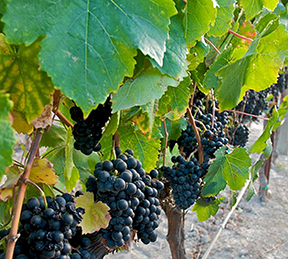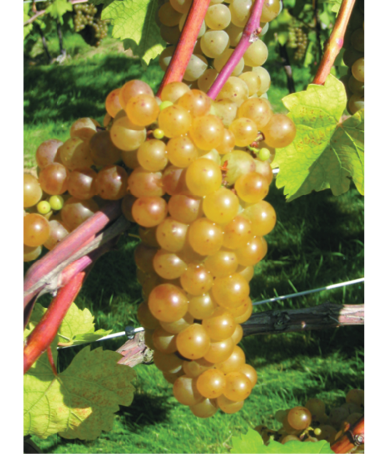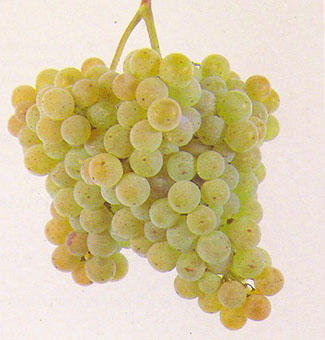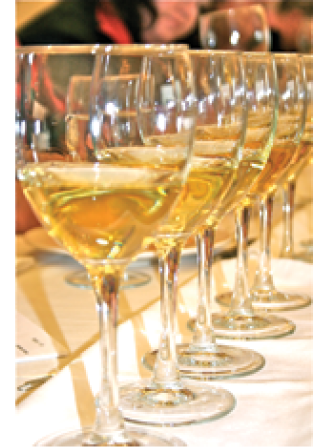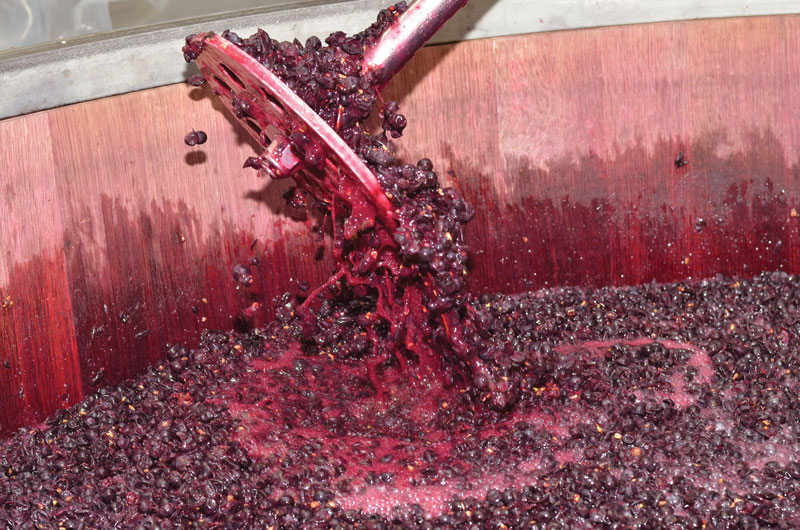Articles
Topic: Varietals-and-Wine-Styles
Cabernet Sauvignon: Master Class
Grab a seat, take out your pencil, and get ready for an introduction into the master class on the world’s most popular grape. Guest lecturers include three experts on making Cabernet wines.
Chocolate Infused Wine
Wine and chocolate are a match made in heaven. But it doesn’t have to be two separate delicacies. Home winemakers can actually combine the two by infusing wine with chocolate.
Amarone: A Taste of Valpolicella
Find out how to replicate the method of making Amarone — the famed red “straw wine” from the Valpolicella zone of Italy’s Veneto province made from grapes partially dried on straw mats to concentrate their juice.
High Acids, Low Tannins: Barbera
Barbera is a favorite among winemakers because its high acidity makes it a useful grape for blending and also a unique varietal wine. Get tips to make your own Barbera wines at home.
Making Pear Cider/Perry
Hard cider doesn’t have to be made from apples. Try making a pear cider (perry) this summer!
Pinotage: The Red Grape of South Africa
Pinotage is the most recognized — though not the most widely grown — South African red wine grape.
La Crescent: Cold-Climate Hybrid
Looking for a cold-hardy white to grow in a colder northern clime? Meet the University of Minnesota’s La Crescent.
Syrah: Versatile, bold and colorful
Australia recognizes Syrah as Shiraz. It is presumed that the name stuck as the cuttings that were brought to the country in the 1830s by James Busby were identified with the names Ciras and Scryas, making it difficult to research the origins of the name, given the Iranian connection . . .
Chenin Blanc: The taste of terroir
Viticulturists in the Loire Valley tend to describe its flavor as an expression of the terroir of the land.
Cabernet Sauvignon: The king of red wine grapes
Cabernet Sauvignon is known for making some of the world’s most robust red wines.
Gewürztraminer
Alsace vineyards are tucked into the predominantly east facing slopes of the Vosges Mountains . . .
15 Grapevines to Try in Your Vineyard
Celebrating 15 years, here’s 15 grapes you should consider growing!
Cabernet Franc: The “other” Cabernet king
Cabernet Franc is thought to have originated in Southwest France, specifically in Libournais.
Pinot Gris/Grigio The name says it all, or does it?
Unknown to the science at the time, these genetic mutations were first noticed hundreds of years ago in Burgundy, France, where the mutants grew side by side, and sometimes within the same plant as Pinot Noir.
Chambourcin: A vigorous, dark hybrid
. . . (Chambourcin) does get a little more respect than other hybrids because of its ability to improve color in other wines without taking away from the other grapes’ varietal character . . .
Torrontés: An alternative to the common whites
I was particularly drawn to Torrontés because of the Muscat-like flavors, but another reason was because of the challenge it presents from a winemaking perspective . . .
Sangiovese: The king of Tuscany
Grapes in Tuscany are a way of life, and Sangiovese, the red workhorse of Tuscany through the millennia, is as noble as they get — well, depending who you talk to.
Pinot Blanc: A grape with an identity crisis
Pinot Blanc — one of the offspring of Pinot Noir — is waiting for its 15 minutes of fame to come around.
Pumpkin Wine
A recipe for pumpkin wine.
Marechal Foch
Marechal Foch is a cold-climate red grape that has dispersed plantings in the Midwest, Northeast, and Canada.
Muscadine: A taste of the South
Muscadine is a grape variety from the South that is used in many culinary recipes, but also makes a fine wine.
Petit Verdot: The forgotten Bordeaux blend grape
Petit Verdot is one of the “big five” grapes that make up a Bordeaux blend. Learn more about this red blender.
Vidal Blanc
Vidal Blanc was originally develloped for Cognac production in the cold maritime regions of western France. Today it is a go-to grape in the US Northeast and Midwest as well as Canada. Plus, a recipe for Vidal icewine.
Albariño/Alvarinho: The wine of Galicia
Albariño/Alvarinho is the grape of the Spanish region of Galacia, and it’s catching on in the States too.
If You Like This, You’ll Like That
Try some new grape varieties similar to the tried and true varieties you already know you enjoy drinking.
